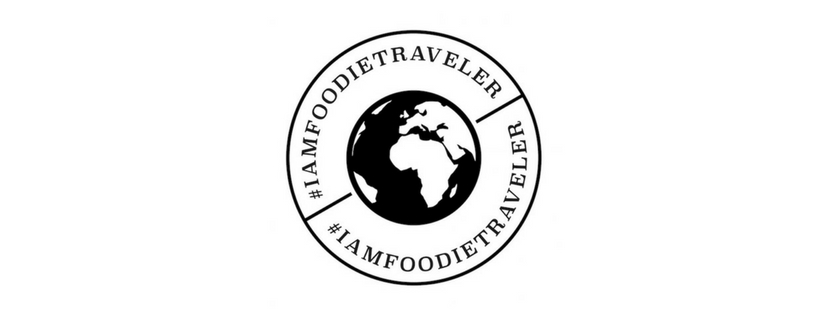Coronavirus Pandemic: How To Be Productive When Working From Home
/Coronavirus Pandemic: How To Be Productive When Working From Home
In the context of the pandemic with the new coronavirus, more and more companies are encouraging working from home in areas where it is possible, in a collective effort to slow down the transmission rate and increase people's chances of staying healthy. This has many advantages - you save time on the commuting, you can work in your pajamas, and you have the fridge close, but also disadvantages - the TV at hand, the snacks... too close!
Working from home can be challenging, especially for those who have not worked from home before and more in the context where it is not known how long this way of working is possible.
Physiotherapist Mary Morrison, who specializes in working with adults with neuromuscular disorders at Cleveland Clinic in the United States, has made several recommendations for people working from home to maintain their health and be productive at the same time.
Establish a routine
It may be tempting to sit on the couch and check your email, for example, but you need to set a schedule when you work from home. Set the alarm, take breakfast, take a shower, and get dressed as if you were at work. You do not have to wear a suit or put on your tie, but it is advisable to consider that it is like any other workday. Determine what work hours and meal breaks are you going to take during the working hours.
Organize a workspace
You may be attracted to the idea of working out of bed, for example, but it is essential to have "boundaries" when working from home. For some people, this means not having access to the TV or having a separate room for children and pets. Working from home should not distract you from the tasks you would be tempted to do. If you are easily distracted, you need to delimit yourself from the temptations at home firmly. It is advisable to have a workspace, an office where you have all the necessary objects. Position the desk and chair so that the spine is straight and the chin should be held in front. If you find it more comfortable, you can work standing.
Set goals
Write a list of daily or weekly activities you have to perform. You will be better prepared if you know that you have a plan that you must follow.
Get up and move
You may be tempted to work hours in a row without taking a break, especially if you feel comfortable. But it is essential to take regular breaks throughout the day. It may be helpful to set the alarm every hour to remind you to get up, take a few steps or stretch movements. It is essential to focus on stretching movements for the back, especially since you are most likely working on a small screen laptop.
Take care of the food
Use the opportunity to work from home to establish healthier habits. Do not work in the kitchen because this way, you will be tempted to have snacks more often or to eat more, especially since you have the fridge nearby—set meal times, including snacks. Do not skip tables, as productivity may fall. Drink the recommended amount of water; dehydration can lead to headaches, fatigue, with a negative impact on productivity. Keep a bottle of water on your desk to remind you to stay hydrated. Avoid carbonated drinks. Do not consume too much coffee because you may experience headaches, anxiety, digestive problems, and fatigue. Nor are junk food products indicated. When eating, just dedicate yourself to this activity. Do not eat from the original food packaging, because you will not be able to control the portions correctly.
Keep in touch with the people around you
Working from home predisposes to isolation (it is known that socialization is vital for mental health). It is advisable to talk to colleagues even about things that are not related to the office tasks. Write messages to friends and colleagues throughout the day (but be careful not to get distracted by the phone) and initiate video calls when possible. Virtual connections will never replace face-to-face ones, but they can be helpful in this period. It also maintains contact with the boss or employees. Working from home is productive when it is based on trust and communication. Besides, contact with the team helps identify potential obstacles that may arise.
Know when to disconnect
You should try to have a hard stop working when you had finished, as you usually have done when you went into the office. Although with the new technologies you can be in permanent contact, and work is with you at home all the time, it is crucial to know when to disconnect. Make sure you can disconnect and focus on personal hobbies after work hours.








